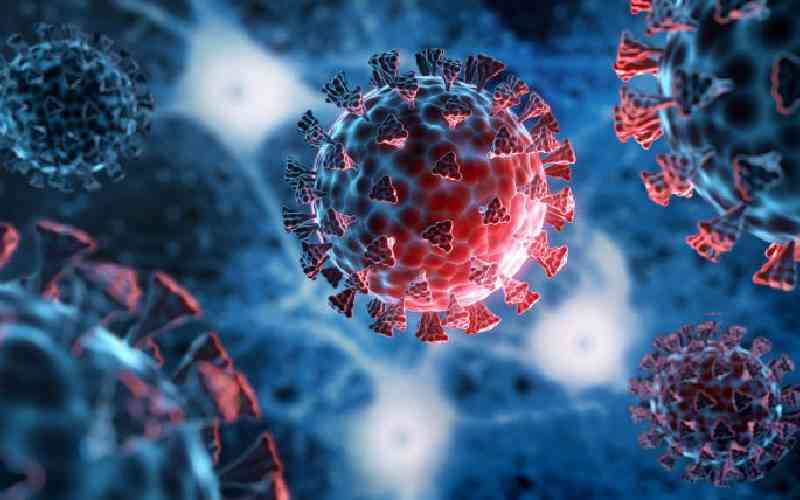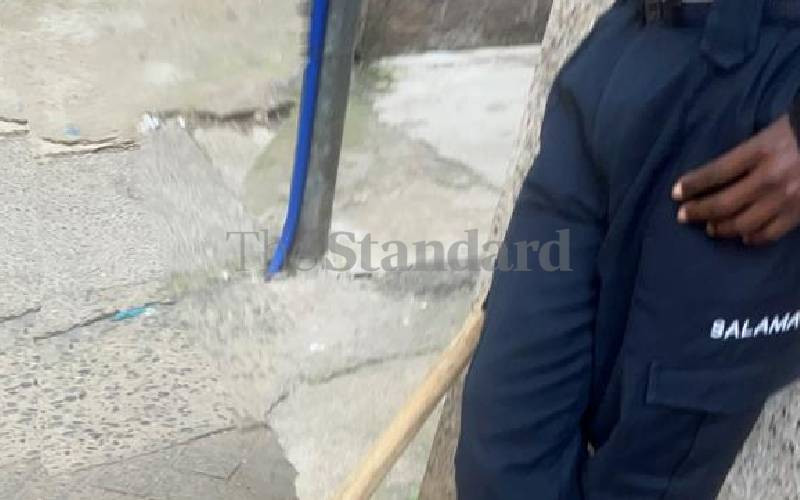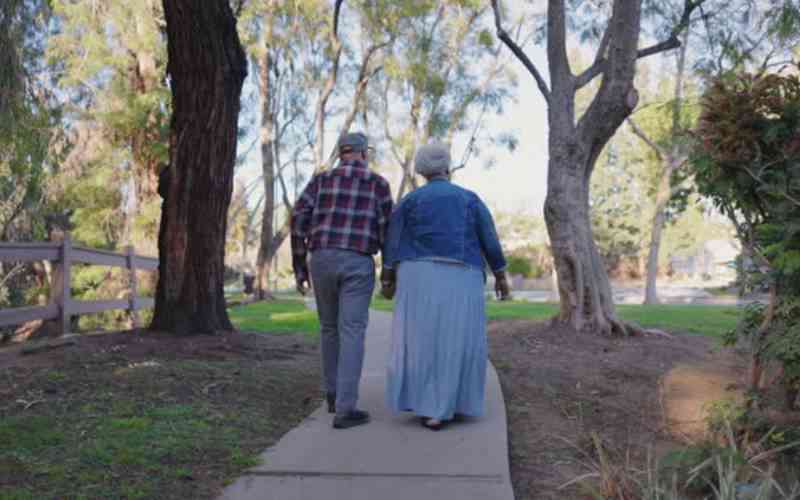Around 1990, President Daniel arap Moi had two big issues on the table. One was economic and the other political.
He had to liberalise the economy - introduce the free market (soko huru) and set prices free. He also had to expand the democratic space by allowing multipartyism.
He did both, with many unintended consequences. The prices of essential goods went through the roof but shortages ended. Those who are old enough will recall that the prices of most goods, from sugar to beer, were controlled.
Liberalisation killed farmers’ co-operative unions. They had been the lifeline of rural communities since independence. The rural areas have never been the same again.
Multipartyism, as predicted by politicians, brought political chaos as old grudges were renewed, some deliberately. This would draw the attention of the International Criminal Court years later.
Two big issues
Let’s give credit to the late former president; managing a country under such circumstances was not easy. We still hear the echoes of that era.
Enough digression. Why is Kenya today more like it was in the 1990s?
Politically, the incumbent President Uhuru Kenyatta faces the two big issues like his political mentor. The first one is the demand for constitutional change, just like the demand for multipartyism back in the 90s.
This is in the form of the Building Bridges Initiative (BBI). We could end up changing the Constitution to suit the elites, who have finally closed ranks. The changes are touted to make the hoi polloi feel included in the Executive.
My hunch that the new Constitution envisaged in BBI will simply make it easier to win elections: just distribute the big posts to the communities (silently, tribes) that have the numbers. Never mind that this could create new political tensions, with some feeling excluded.
The other one is economic meltdown from Covid-19, which mirrors the early 90s economic crisis brought about by political tensions and cutting off of foreign aid taps.
We could grow by 1.5 per cent this year, but if Covid-19 is not brought under control, we could contract by minus 1 per cent, according to the World Bank.
A slowdown in the economy leads to job losses and hopelessness. It’s any politician’s worst fear.
This is why the government has been very aggressive with stimulus packages espoused by tax relief, lower interest rates, cash transfers and projects that target the ordinary person like Kazi Mtaani.
Stay informed. Subscribe to our newsletter
President Uhuru faces the two issues in addition to managing his own succession, just like Moi. We should be thankful that amid the Covid-19 crisis, the country has had good rains and food has been plentiful.
One would have thought that united in grief over Covid-19, politics would take a back seat. We were mistaken.
The post-Covid-19 economic recovery should be one of Uhuru‘s key legacies. It will largely depend on politics.
If he handles it well, recovery will be quick and sustained. My worry is that politics is taking centrestage, giving the impression that our leaders do not care even in adversity like Covid-19.
Too much politicking is a drag on the economy. The fact that Uhuru can’t go for a third term makes politics even murkier.
Remember Uhuru does not have as much leverage as Moi had in the 90s under the old constitution. He will probably have to negotiate a lot with both friends and foes, while ensuring he is not a lame duck. Handling a constitutional review and one’s own succession is no small feat.
On the economic front, he proved adept by not instituting a total lockdown after Covid-19.
The informal nature of our economy was for once an asset; we are not tightly tied to global economic cycles.
The stimulus package might not have been as large as the US’ or other counties, but it did play a role in easing the pains of Covid-19.
A study on the effectiveness of this stimulus package would make a good PhD thesis. Did Kenyans spend the money from the tax relief or save it?
Did we borrow more money because interest rates went down? How many jobs did the stimulus package save? Where do we go from here?
Let’s sort the political questions now. We should not postpone everything to 2022. If we must carry out a referendum, the sooner the better, and then we can settle on succession plans.
We can even start vetting the likely holders of promised positions in the new political dispensation. But we could be wiser and hold a referendum after 2022 when most of us will be politically sober.
The beauty of a post-election referendum is that the economy will have recovered. Most countries are likely to have opened their borders, international trade and tourism will have picked up and we’ll have developed herd immunity, and a cure or a vaccine found.
After 1990, we lost a decade after liberalisation of the economy and return of multipartyism. We can’t afford another lost decade when the population is bigger, competition is higher and more citizens need to be uplifted into higher standards of living.
Beyond a stimulus package, we must create confidence in the economy by taming corruption, giving incentives to those who work hard, making it easy to set up businesses, improving security, infrastructure, health services, deeper integration with our neighbours, riding on the African free trade area and making the world our market.
Covid-19 gives us a rare chance to restructure our economy and maybe politics, but based on the new reality, our past experiences and not emotions.
Maybe it’s time to revisit the Big Four and Vision 2030 just as we are revisiting the Constitution. What do you think my fellow countrymen?
- The writer is an associate professor at the University of Nairobi.
 The Standard Group Plc is a
multi-media organization with investments in media platforms spanning newspaper
print operations, television, radio broadcasting, digital and online services. The
Standard Group is recognized as a leading multi-media house in Kenya with a key
influence in matters of national and international interest.
The Standard Group Plc is a
multi-media organization with investments in media platforms spanning newspaper
print operations, television, radio broadcasting, digital and online services. The
Standard Group is recognized as a leading multi-media house in Kenya with a key
influence in matters of national and international interest.
 The Standard Group Plc is a
multi-media organization with investments in media platforms spanning newspaper
print operations, television, radio broadcasting, digital and online services. The
Standard Group is recognized as a leading multi-media house in Kenya with a key
influence in matters of national and international interest.
The Standard Group Plc is a
multi-media organization with investments in media platforms spanning newspaper
print operations, television, radio broadcasting, digital and online services. The
Standard Group is recognized as a leading multi-media house in Kenya with a key
influence in matters of national and international interest.








